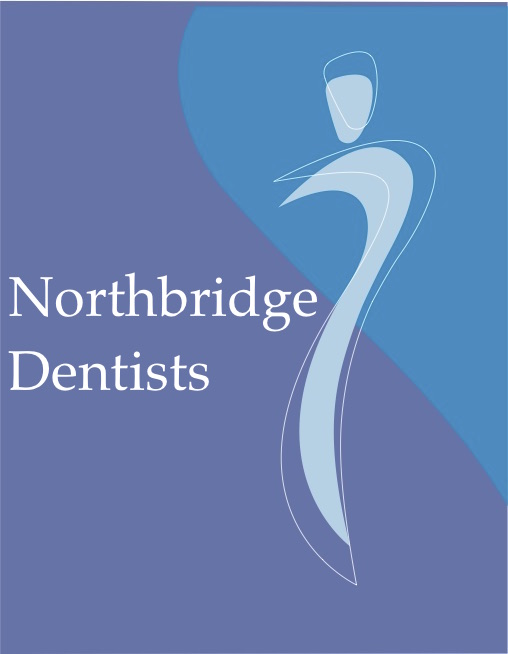The Hidden Cost of Smiles: The Ethical Dilemma of Using Superannuation for Dental Work in Australia
In recent years, a growing number of Australians have turned to their superannuation savings to fund dental procedures — a trend driven by the high cost of treatment, long public wait times, and stagnating health insurance cover. While accessing super early for medical needs is legal under strict criteria, its rising use in dentistry raises serious ethical, financial, and systemic concerns.
What Is "Early Release of Super for Dental"?
Under the Australian Government's Compassionate Grounds for Early Release of Superannuation, individuals may access their super early to pay for dental treatment if:
The treatment is deemed medically necessary (e.g. to alleviate acute pain, infection, or dysfunction), and
The individual cannot afford the treatment without accessing super.
The application is approved by the ATO, typically requiring supporting letters from two medical professionals (usually a GP and a dentist/specialist).
The Numbers: A Growing Trend
In the 2021–22 financial year, over 26,000 Australians accessed their super early on medical grounds, with dentistry among the most common uses.
The average dental claim under early super release ranges between $5,000–$20,000, often for implants, full-mouth rehabilitation, or orthodontics.
According to the Australian Dental Association (ADA), dental-related super releases have more than doubled over the last five years.
In the 2023–24 financial year, Australia's Compassionate Release of Super (CRS) scheme saw over $1.04 billion accessed on medical grounds—up from $761.7 million in 2022–23—a 36% rise year‑on‑year (AHPRA+15bitemagazine.com.au+15AHPRA+15)(Australian Taxation Office+15Australian Taxation Office+15Australian Taxation Office+15)(Toowoomba Dental+14SMS Magazine+14Courier Mail+14)
Of that amount, $526.4 million (more than 50%) was specifically used for dental treatment, up from $313.4 million in 2022–23 (The Guardian+1).
In comparison, dental-related CRS approvals represented a staggering 373% increase over five years, between 2018 to 2023 (bitemagazine.com.au+1)(Australian Taxation Office+2Courier Mail+2)
What is it really costing?
Patients withdrawing $10,000–$20,000 from super in their 30s–50s could be forfeiting $40,000–$80,000 in retirement savings due to compound interest. This raises the ethical question: Are patients truly informed of the long-term cost?
Clinics that profit from these decisions have an ethical duty to avoid exploitation of emotional and financial vulnerability. Going even further, some practices offer “assistance” in preparing super release paperwork — which may bias practitioners toward recommending treatment that fits super release criteria, even if less expensive or delayed options might suffice.
Reliance on super reinforces a two-tiered system: those with super can access high-end dental care, while those without adequate funds remain underserved — worsening dental inequity across socio-economic groups.
Growing concerns
The Australian Dental Association (ADA) has expressed concern about super use in non-urgent dentistry, stating that it risks undermining public trust and may lead to over-treatment.
The Australian Securities and Investments Commission (ASIC) is also reviewing how some dental clinics promote financial products (like super withdrawal), especially if unlicensed.
In 2020, the ATO cautioned clinics against “super harvesting” schemes, where dental and cosmetic clinics exploit the compassionate release pathway.
Using superannuation for dental work may offer short-term relief, but it carries hidden costs — both ethical and economic. While legal under compassionate grounds, the growing prevalence of this practice risks undermining patient wellbeing and Australia's retirement system. Dentists, regulators, and policymakers must ensure the use of super remains a last resort, not a default solution.
At Northbridge Dentists, only once have we assisted with the early-release of superannuation - back in 2017, for an amount of about $3000. This was for a patient in agony - needing root canal treatment and crown for a molar. This case was an exception.
As a rule, we are strongly against the use of superannuation to fund dental treatment and would always talk in detail about different options, alternatives , staged treatment and payment plans to fund dental treatment appropriate to each person’s situation.
Visit northbridgedentists.com for trusted, transparent dental care without the hard sell.


